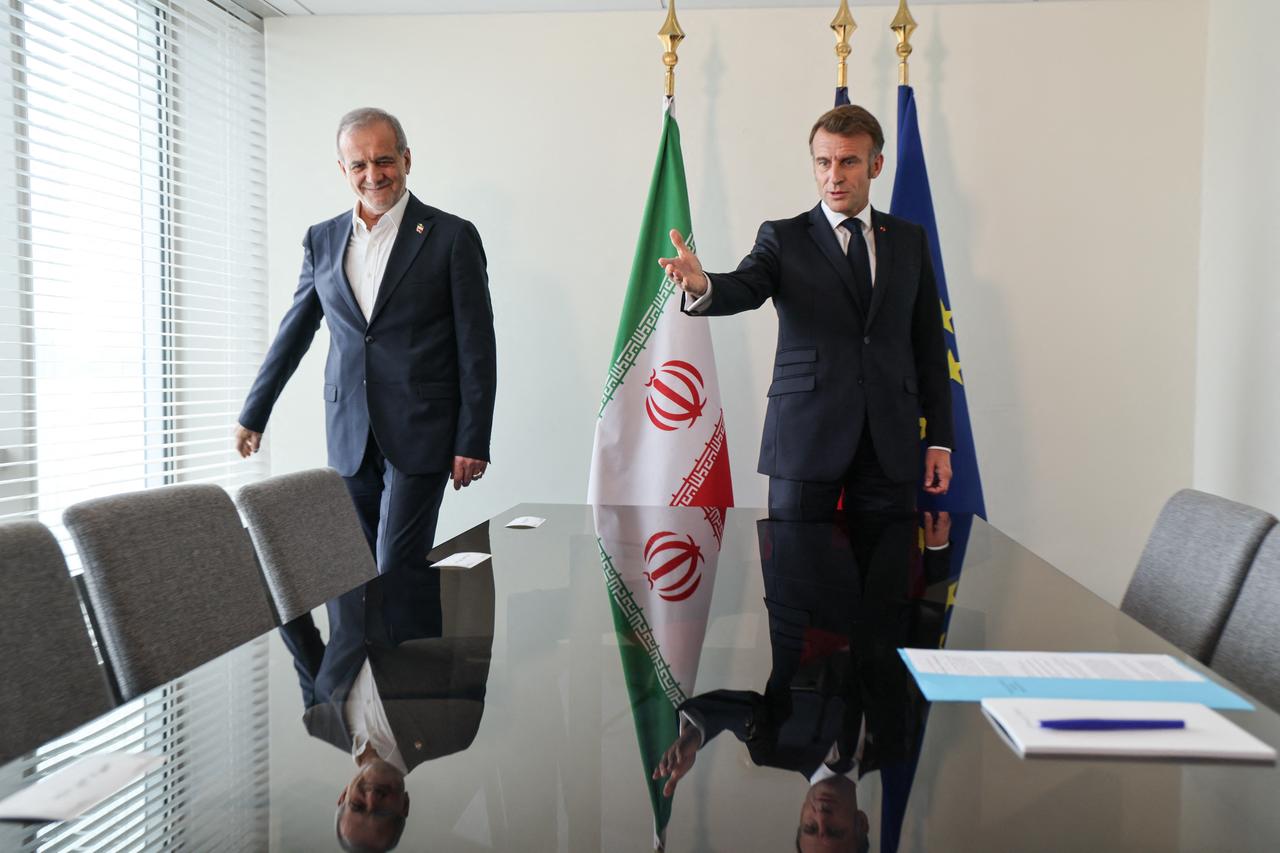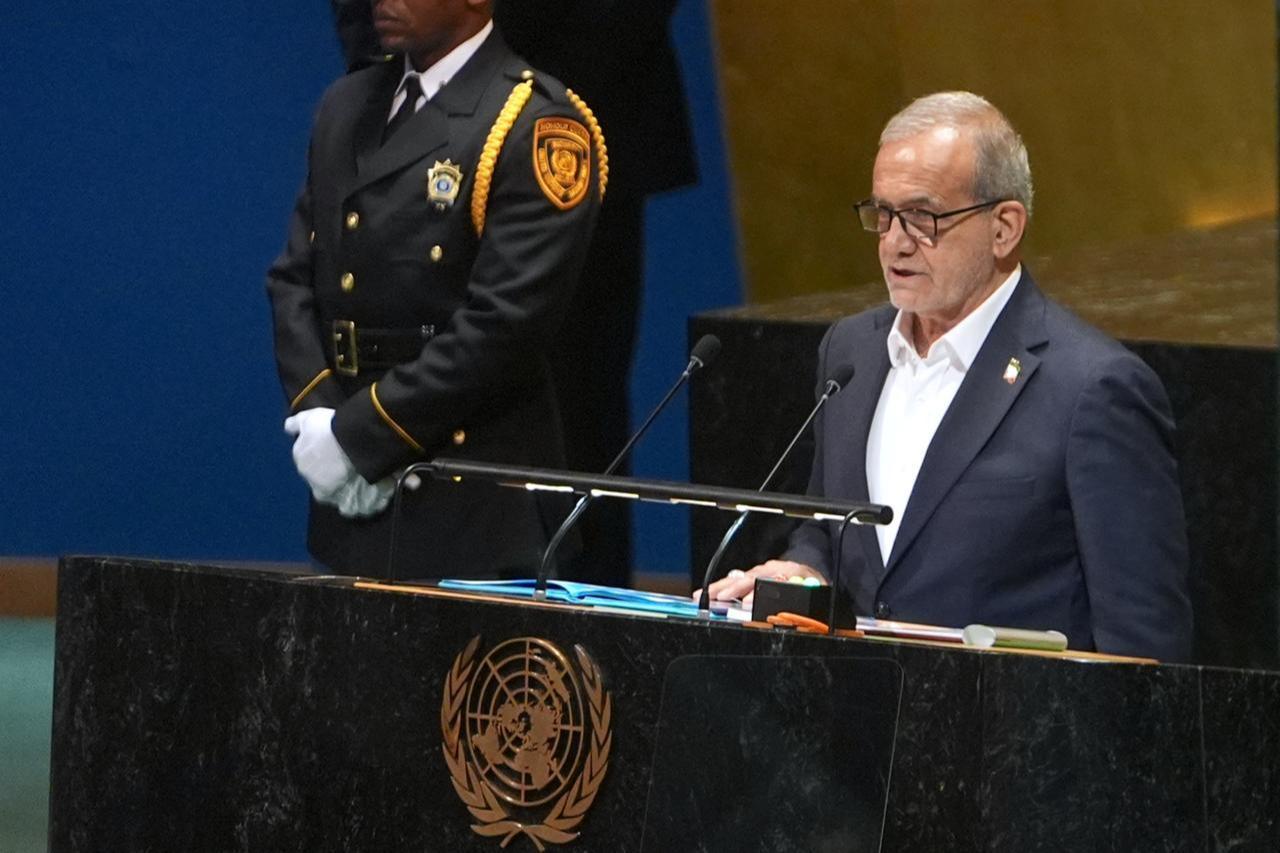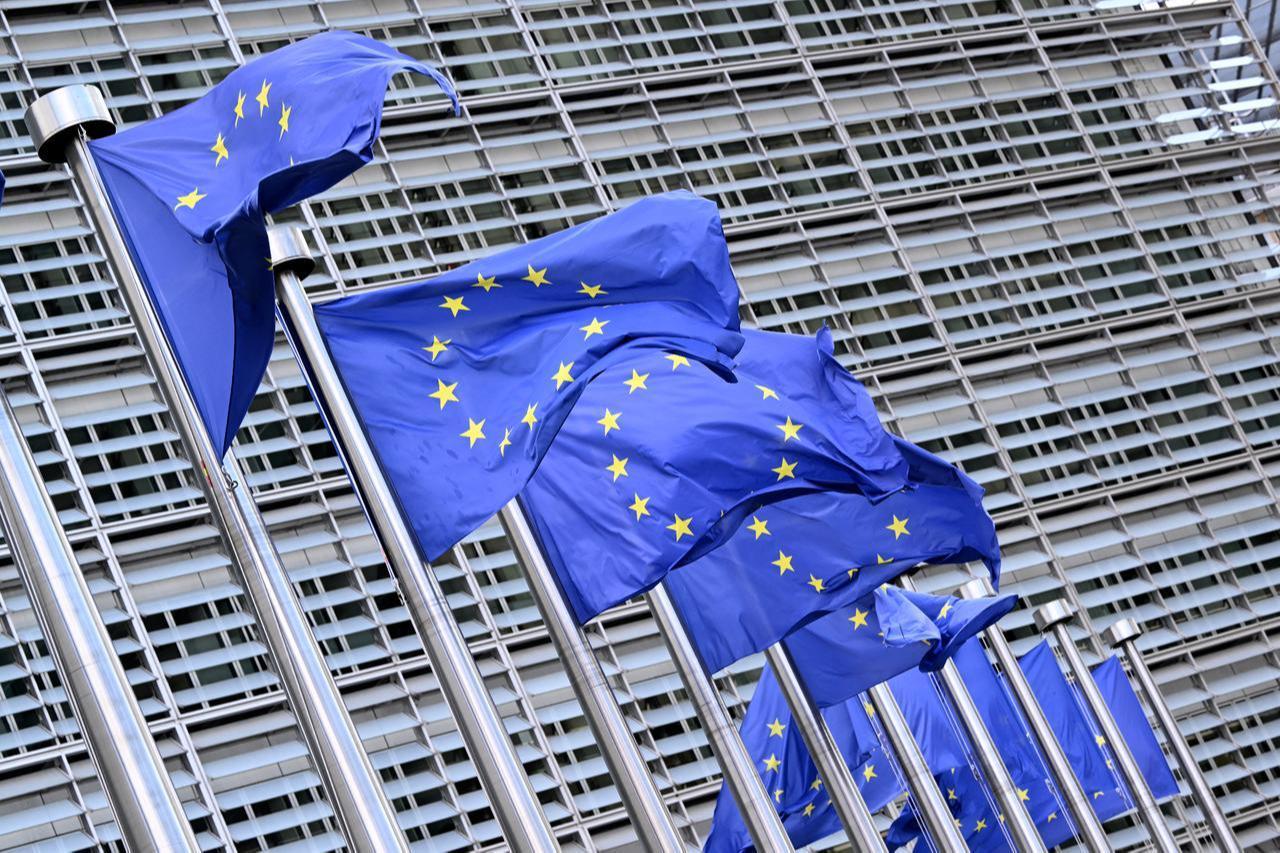
France has given Iran mere hours to reach an agreement that would prevent the reimposition of comprehensive United Nations sanctions, as diplomatic efforts to resolve the standoff over Tehran's nuclear program enter their final phase.
French President Emmanuel Macron delivered the stark ultimatum to Iranian President Masoud Pezeshkian during a meeting at the United Nations, where world leaders have gathered for the annual General Assembly session. The warning comes as Britain, France and Germany have initiated proceedings at the Security Council to restore wide-ranging UN sanctions that will automatically take effect at the end of Saturday without a breakthrough.
"An agreement remains possible. Only a few hours are left. It's up to Iran to respond to the legitimate issues we have raised," Macron wrote on the social media platform X following his discussion with the Iranian leader.

The high-stakes diplomacy unfolded against the backdrop of Pezeshkian's address to the General Assembly, where he categorically denied Iranian nuclear weapons ambitions while directing sharp criticism at Israel and the United States.
"I hereby declare once more before this assembly that Iran has never sought and will never seek to build a nuclear bomb," Pezeshkian told the gathering of world leaders. He argued that "the one disturbing peace and stability in the region is Israel, but Iran is the one that gets punished."
Iran has consistently maintained it does not pursue nuclear weapons, citing religious edicts from Supreme Leader Ayatollah Ali Khamenei. U.S. intelligence assessments have not concluded that Iran has made a definitive decision to develop nuclear weapons. However, Israel, the United States and European nations remain deeply skeptical of Tehran's intentions, given Iran's advanced nuclear capabilities that could enable rapid weapons development.

The European trio's decision to trigger sanctions stems from the collapse of the 2015 Joint Comprehensive Plan of Action, which had suspended UN penalties in exchange for nuclear restrictions. President Donald Trump withdrew the United States from the nuclear deal, leading to Iran's gradual abandonment of its commitments under the agreement.
Iranian Foreign Minister Abbas Araghchi held talks Tuesday with his European counterparts, but the meeting yielded no substantive progress beyond an agreement to continue discussions. Pezeshkian accused the Europeans of acting in bad faith, claiming Iran's reduced cooperation was a direct response to Trump's withdrawal from the nuclear accord.
"They falsely presented themselves as parties of good standing to the agreement, and they disparaged Iran's sincere efforts as insufficient," Pezeshkian said. "All of this was in pursuit of nothing less than the destruction of the very JCPOA which they themselves had once held as a foremost achievement."
During his General Assembly address, Pezeshkian displayed photographs of casualties from what he described as a 12-day Israeli military campaign against Iran in June, which Tehran claims killed more than 1,000 people. He said the United States joined the offensive on June 22, targeting several Iranian nuclear facilities.
"Aerial assaults of the Zionist regime and the United States of America against Iran's cities, homes and infrastructure at the very time we were treading the path of diplomatic negotiations constituted a grave betrayal of diplomacy," the Iranian president declared.
The crisis comes as one of the most serious diplomatic challenges facing the international community as it seeks to prevent nuclear proliferation in the volatile Middle East region. With the Saturday deadline looming, all sides appear to be running out of time to find a face-saving solution that could avert the return of punishing sanctions.